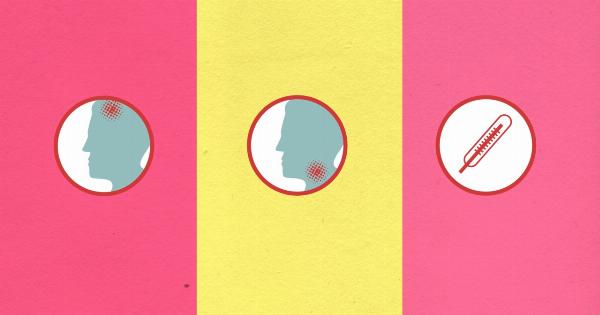Many people have been guilty of holding their bowels for a few hours or a day due to certain circumstances, such as using a shared bathroom or being in an uncomfortable environment. However, holding your bowel movements for 3 weeks is a different story.
This can happen due to several reasons, such as medical conditions, voluntary withholding, or psychological issues.
What Causes Long-Term Bowel Withholding?
In rare cases, some people intentionally withhold their bowel movements for prolonged periods, a condition called “stool withholding.” Children often suffer from stool withholding due to fear or anxiety of using the toilet.
On the other hand, adults who experience chronic constipation may also hold their feces for prolonged periods.
Another cause of long-term bowel withholding is Hirschsprung’s disease, a congenital condition that affects the bowel muscles and nerves, leading to difficulty in passing stool.
People with spinal cord injuries or neurological disorders like Parkinson’s disease might also hold their bowels for long periods.
What Happens When You Hold Your Bowels for a Long Time?
When you hold your bowels for a long time, feces accumulate in the rectum. With time, the stool becomes harder and larger, making it difficult to pass.
This condition leads to chronic constipation, which can cause other complications such as hemorrhoids, anal fissures, and rectal prolapse.
What Are the Symptoms of Chronic Constipation?
The Symptoms of Chronic constipation include:.
- Infrequent bowel movements
- Painful bowel movements
- Abdominal pain and discomfort
- Bloating
- Cramps
- Nausea and vomiting
How Does Holding Bowels Affect Bowel Movement?
When you hold your bowels for an extended period, the feces in your rectum expands. The rectum and colon then stretch, causing weakening of the muscles.
This weakens the defecation reflex making it harder to push their feces out when they finally decide to use the toilet.
What Are the Risks of Holding Bowels for Too Long?
When you hold your bowels for too long, you increase the risk of several conditions:.
- Hemorrhoids
- Anal fissures
- Rectal prolapse
- Fecal impaction
- Colon cancer
What Are the Treatment Options for Bowel Withholding?
If you are experiencing a bowel disorder, such as stool withholding, you can seek treatment options such as:.
- Medications to stimulate bowel movements
- Biofeedback and relaxation training to reduce anxiety and fear associated with bowel movement
- Dietary changes such as adding more fiber and water in your meals
- Surgery for more severe cases such as rectal prolapse
Natural Methods for Relieving Constipation?
Here are some natural methods that can relieve constipation:.
- Drink plenty of water every day
- Exercise regularly
- Eat more fiber-rich foods like fruits, vegetables, and whole grains
- Take probiotics to improve gut health
- Avoid processed foods and drinks
- Avoid holding bowel movements
Conclusion
In conclusion, avoiding to go to the toilet when you have to go is not only uncomfortable but is also risky and can lead to chronic constipation and other related conditions.
It is important to seek medical attention if you experience any of the symptoms discussed above. To avoid this situation, it is necessary to maintain a healthy diet, exercise regularly, drink plenty of water and avoid holding bowel movements when nature calls.































